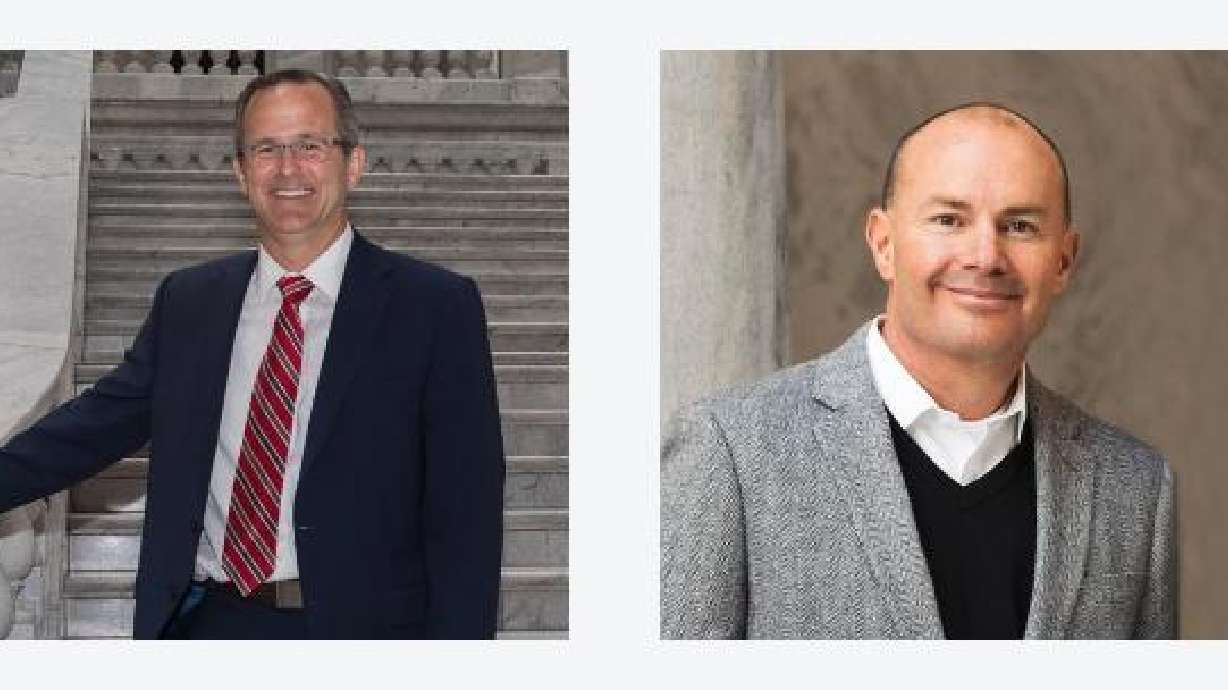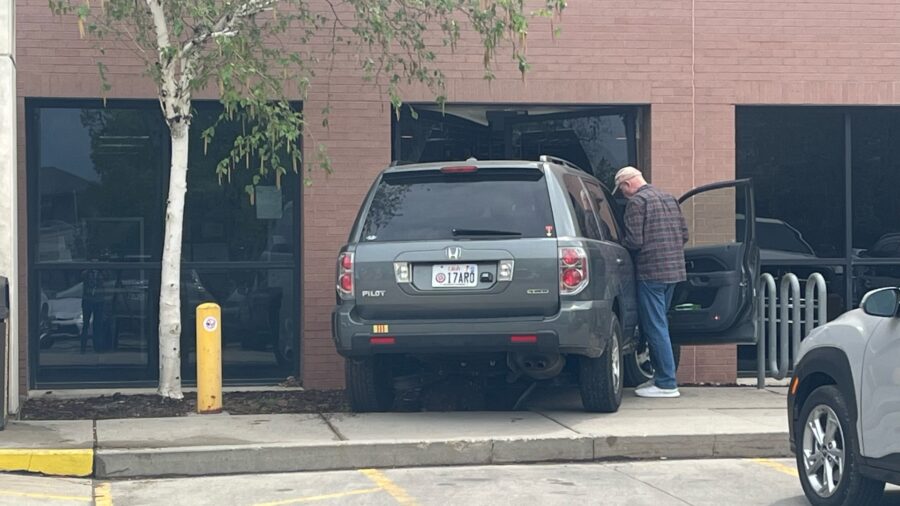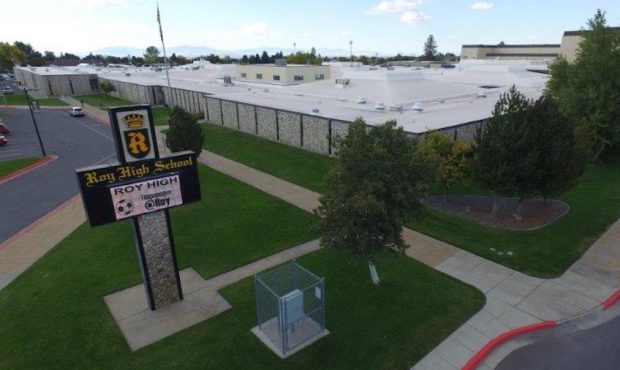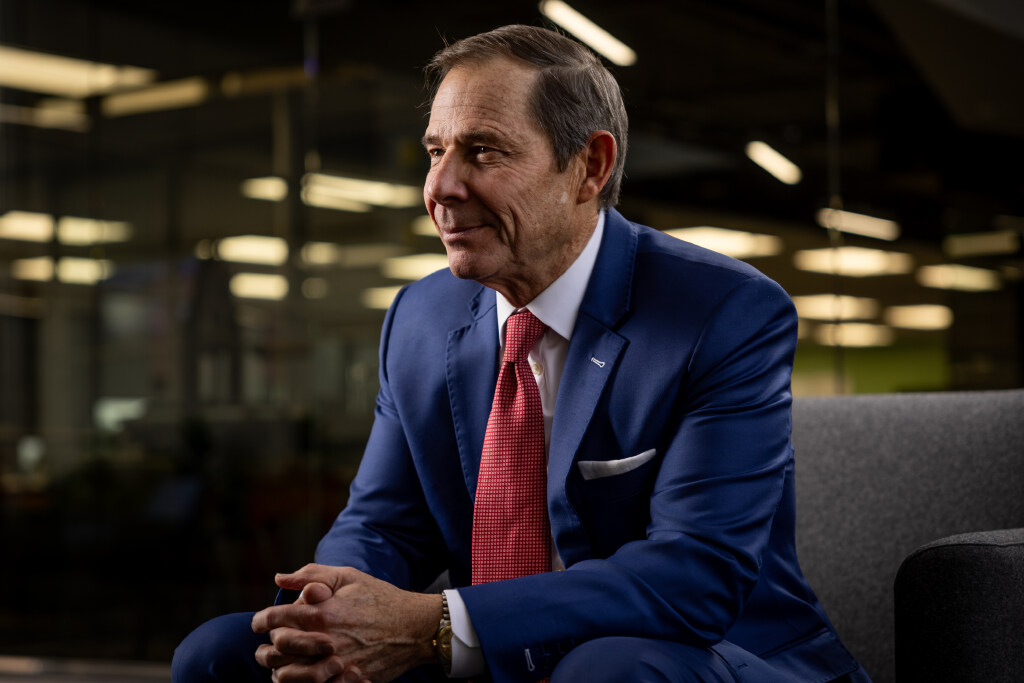Former Police Chief Says Proposed Reform Doesn’t Go Far Enough
Apr 22, 2021, 11:32 PM | Updated: Apr 23, 2021, 7:34 am
SALT LAKE CITY, Utah – In the wake of the jury’s verdict of Derek Chauvin, the former chief of the Salt Lake City Police Department says now is the time to make changes to policing.
Chris Burbank left the department six years ago and has since shifted his work to police reform with the Center for Policing Equity. KSL-TV sat down with him in an interview after the judge read aloud the verdict for Chauvin.
“Oh, it’s huge. It’s huge,” Burbank said. “We now need to take that and say, how are we going to change policing so you and I aren’t having this discussion a year from now.”
Over the last year and beyond, the conversation surrounding police reform has taken off. Activists and protesters have demanded more police oversight and accountability, more body cameras and bans on lethal weapons among other things. And many police departments have made some changes.
Where should policing go from here?
A quick look at my interview with retired Salt Lake Police Chief Chris Burbank.
Full interview is on our latest episode of @KSLplus, available on the @KSL5TV FB page, app and website in just a few minutes. https://t.co/JcU3j2IdR5 pic.twitter.com/en8AzlCEC8
— Matt Rascon KSL (@MattRasconKSL) April 23, 2021
Locally, Salt Lake City created the commission on racial equity in policing, which recently recommended to the mayor and City Council that the police department increase diversity of its field officers, require certain certifications and improve implicit bias and other training. The police department also just recently armed more officers with less lethal weapons. Burbank was disappointed.
“So, in other words we’re just going to do the same thing but we’ll shoot you with a softer thing as opposed to a real bullet. That’s not solving the problem!” he said. “That’s just changing the action of force! Why are we having those force encounters in the first place?”
Burbank argues weapons, training and many of other proposed changes may be helpful but that they do not get at the root of the problem within policing.
Issues, which he said, go beyond policing and are “a societal problem! Racism is not just in policing. It’s in education, it’s in employment. In fact, more impactful on whether or not someone is going to be in the criminal justice system is their access to health care! And yet we are arguing over things that are not going to change the outcome.”
“We’ve been making changes to these officers for years. For my entire career!” he said. “It hasn’t changed the outcome. Now it’s time to say let’s do things differently. Not the same things gentler. Let’s absolutely change what we’re doing and that will change the outcome.”
For him that includes changing the laws governing use of force. Providing a new set of rules for officers to learn and to be held accountable to.
“We need to look at the totality of the circumstances. We need to look at the exigency. Why is it immediately necessary? Not just reasonable. Necessary,” he said.
“We make the mistake of saying this level of violence is OK. ‘Oh, it was a really bad person so that makes it OK.’ No. Every single use of force against a member of the public is a failure of our system. Every single use of force against a police officer is a failure of our system. Why do we allow for this level of violence that is not seen in other countries.”
For many across the country, the need for change in policing is clear. But the way forward is uncertain.
“We have got to change. We have the country right now. Right here in front of us. Let’s change it!”
You can watch and read the full interview with Chris Burbank below:













